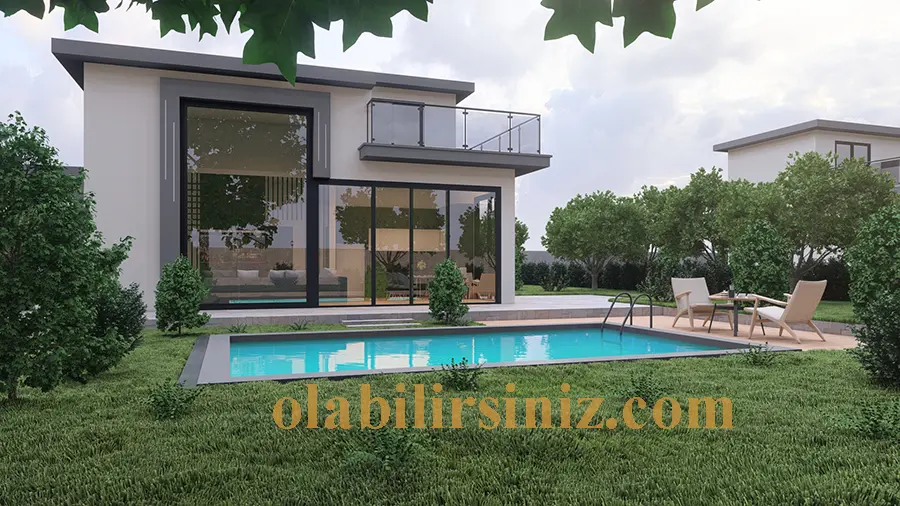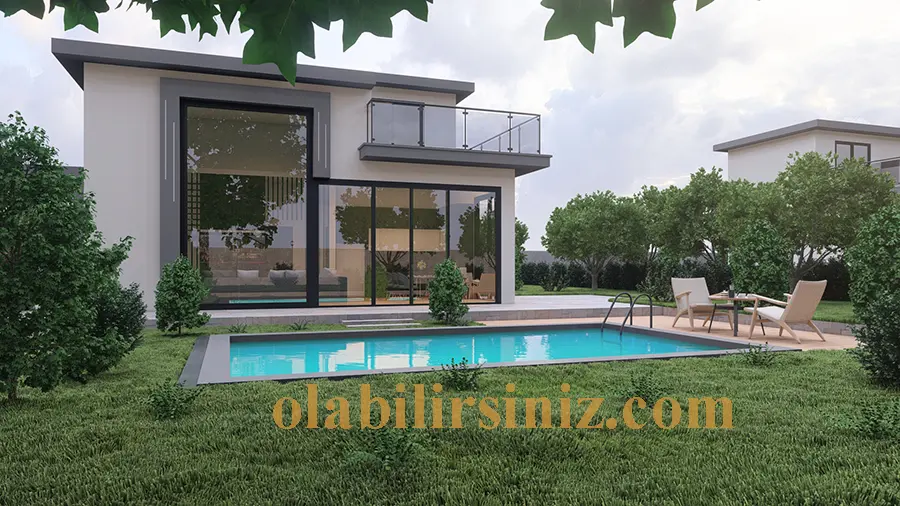Artificial Intelligence for 3D Architectural Visualization
3D architectural visualization has revolutionized the field of building design. Used to make projects more understandable and impressive in the architecture, engineering, and construction industries, this technology not only simplifies the design process but also enables more effective communication with clients and investors. In recent years, the use of artificial intelligence (AI) technologies has taken 3D visualization to the next level in this area. In this article, we will explore how we can utilize artificial intelligence in 3D architectural visualization and examine the innovations this technology has brought to the industry.

Artificial Intelligence and 3D Architectural Visualization: Fundamental Concepts
First and foremost, it is important to understand the fundamental concepts of artificial intelligence and 3D architectural visualization. Artificial intelligence is a science that enables computers to have human-like thinking and learning abilities. This technology is used in various fields such as data analysis, image recognition, natural language processing, and many more.
3D architectural visualization, on the other hand, is a technique that transforms two-dimensional drawings into three-dimensional models, allowing structures and spaces to be presented in a more realistic and detailed manner. The software and tools used in this process help designers present their projects more effectively.
Artificial Intelligence in 3D Modeling and Visualization
Artificial intelligence can be used in various ways in the processes of 3D modeling and visualization. Here are the main opportunities that artificial intelligence offers in this field:
- Automated 3D Modeling
Artificial intelligence can enable the automatic modeling of complex structures and spaces. For example, starting from the two-dimensional plans or photographs of a building, a three-dimensional model can be created. This speeds up the design process and minimizes manual modeling errors.
2.Image Recognition and Segmentation
YZ algorithms can enhance architectural visualization with image recognition and segmentation capabilities. These technologies can automatically identify and classify different components such as building facades, interior spaces, or landscape elements.
3.Smart Material and Texture Assignment
Artificial intelligence can enable automatic assignment of materials and textures used in 3D models. This makes material selection faster and more accurate. For example, an AI algorithm can identify whether a particular surface is wood, concrete, or glass and apply the appropriate texture.
4.Render Optimization
Rendering processes are one of the most time-consuming and resource-consuming stages of 3D visualization. Artificial intelligence can speed up this process and provide better quality results by optimizing rendering settings. For example, AI-based rendering engines can automatically optimize lighting and shadow settings.
Artificial Intelligence Supported Design Process
Artificial intelligence can play an important role not only in the content and visualization stages of 3D, but also in other stages of the design process. Here are some examples of how artificial intelligence can be used in this process:
1.Design Optimization
AI can find the most suitable solution by evaluating different design options. This is especially useful in large and complex projects. For example, determining the optimal window placement to increase the energy efficiency of a building.
2.Data Analysis and Forecasting
Artificial intelligence can make predictions for new projects by analyzing data obtained from past projects. This helps designers make more informed decisions. For example, choosing the most suitable materials according to the climatic conditions in a particular region.
3.Customer Communication and Feedback
By analyzing customer feedback, AI can evaluate the effects of changes made during the design process. This increases customer satisfaction and makes projects more successful. For example, predicting how a particular design of a building will be received by the customer.
Address of the image used: SM Yapı Mimarlık





